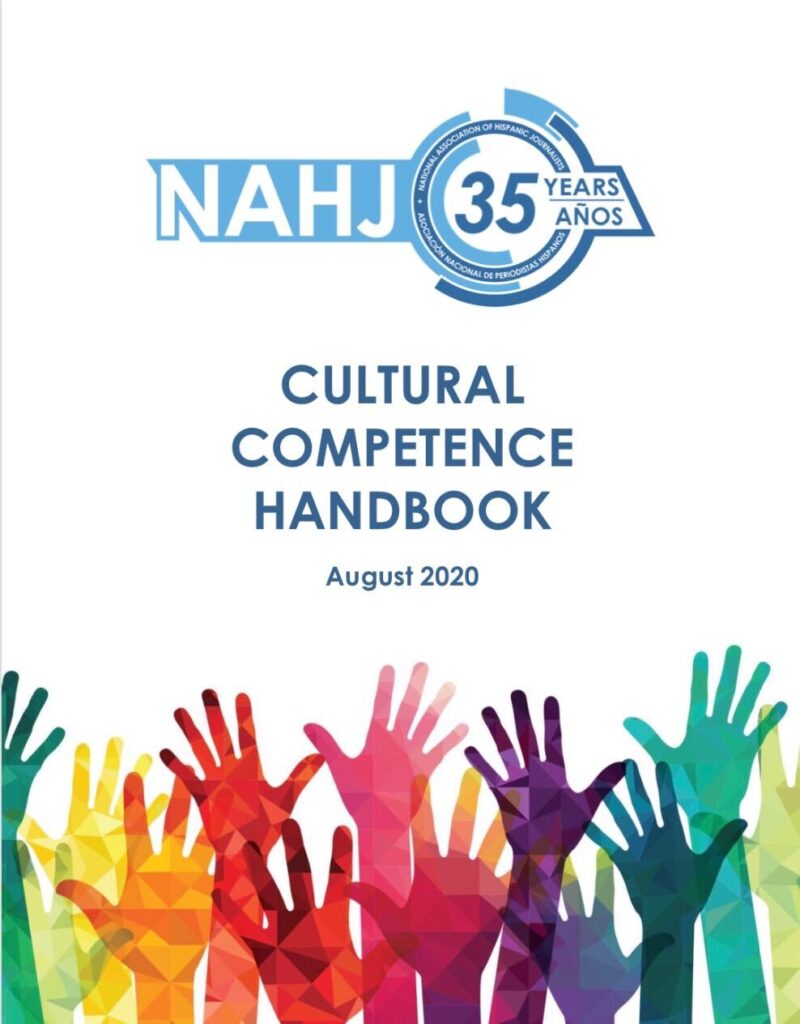In the wake of George Floyd’s killing, newsrooms are pushing for better representation, cultural competence

The civil rights movement inspired by the police killing of George Floyd has pushed newsrooms across the country to confront their lack of diversity and shortcomings on issues related to race and ethnicity as the nation grows increasingly multicultural.
It has also emboldened reporters of color like Esmeralda Bermudez, a journalist from the Los Angeles Times who has long championed issues important to the Latino community in and out of her newsroom.
“The @latimes publishes powerful stories about communities of color, but across nearly every section of our newsroom, the absence of Latinos is felt, especially in our leadership,” Bermudez tweeted on July 21. “Many sections have 0 or 1 Latino journalist. It’s been this way, or worse, for decades.”
The newspaper’s guild had just signed a letter to management with a list of demands for their bosses, accusing their news organization of dehumanizing and painting Latinos as criminals.
“Stop treating Latinos as a minority group,” Bermudez tweeted. “The @latimes must center our stories — online, in images, podcasts and L.A. Times Studio projects. Correct pay disparities for Latinos (and other journalists of color and women) whose salaries remain glaringly low compared to white counterparts.”
According to a 2018 report from the Pew Research Center, 77% of all newsroom employees are non-Hispanic whites. About six in 10, or 61 percent, are male.
Organizations like the National Association of Hispanic Journalists, whose mission centers on advocating for more racially and ethnically representative newsrooms, are trying to educate largely white newsrooms by updating language used to address marginalized communities.
In an effort to help journalists, students and academic professionals communicate better about these communities, NAHJ released a Cultural Competence Handbook on Tuesday. The same day, the organization released a statement announcing a new campaign to ask newsrooms to consider dropping the term “minority.”
“The term minority should no longer be used to refer to nonwhite groups,” the press release reads. “The group is instead asking newsrooms to use more accurate and appropriate terminology: Communities of color, marginalized communities, unprivileged or even emerging majority.”
NAHJ President Hugo Balta said the organization has helped advocate for equity and inclusion for Latinos for 35 years. But there still hasn’t been enough change because it has not been a priority in many newsrooms.
“In order to fulfill the principles of journalism, of being fair and accurate, it is a huge detriment that newsrooms are not reflective of the communities that they’re covering — that they’re serving,” Balta said.
In recent weeks, news outlets nationwide have made the decision to start capitalizing the letter “B” in the term Black when referring to people in the context of race or culture.
Jeneé Osterheldt, a culture columnist for The Boston Globe, said that the Globe’s newsroom coverage of marginalized communities “could be better,” but she is confident that leadership and staff are committed to improvement. Osterheldt said the work doesn’t stop at hiring marginalized communities. It’s also about developing a culturally aware company.
“You can bring in all those people but if the culture of your company is messed up …There’s a framework that needs to be built to also support and nurture and cultivate longevity within those people,” Osterheldt said.
Claudia Henderson, chief human resources officer at The Boston Globe, said now more than ever, employees at the newspaper are denouncing coverage that unfairly represents marginalized communities.
“Since George Floyd’s murder, I would say,” Henderson said. “Ever since then, even white readers are sort of pointing out any little thing that they see in our coverage that makes them question like, ‘Does the Globe get it?’”
Diane López Olea is a graduate of San Diego State University. As a student, she was the president of her university’s NAHJ chapter, wrote for The Daily Aztec in Spanish and English and worked as an assistant producer intern at Univision San Diego. Reach her at dlopezolea [at] gmail [dot] com and on Twitter @dianelopezolea.